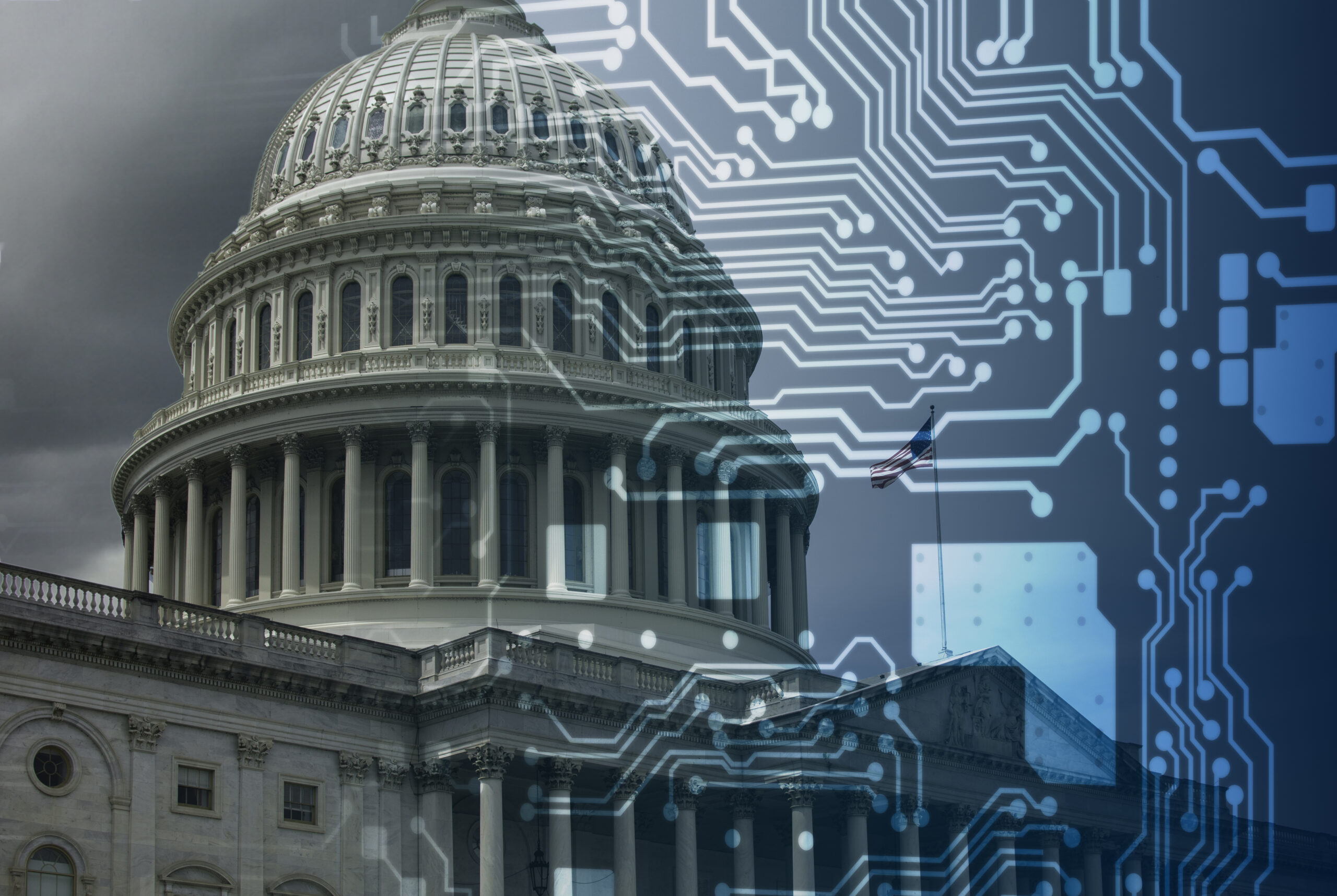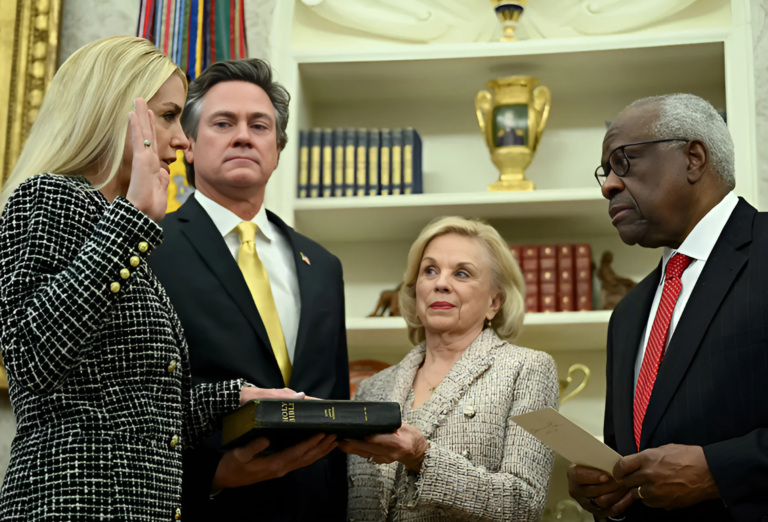Betting on AI: A Shift in Regulatory Focus?
Politics and sports: How much do they have in common? Election night is game night for many. We watch returns like we watch plays. We bet on winners and losers, and look to betting markets to better understand the odds and likely outcomes. We measure and gauge political candidacy much like we measure and gauge athleticism. And now, in post-election time, we are tracking the incoming administration’s picks like we track draft picks, hypothecating on what each choice will mean for the next season. Only, a major difference between politics and sports (no offense intended to sports fans out there): civil leadership choices have a real-world impact on each of us, personally and professionally.
With Donald Trump’s win this past November, there is clamor of D.C. voices wondering what the future holds for their initiatives… and their jobs. What impact will the MAGA platform have on federal level agencies and their regulations?
In the world AI governance, many experts are anticipating major shifts in focus from the current administration to the next: policy initiatives based on DEI principles, such as anti-bias and anti-discrimination, will be replaced by initiatives based on innovation, free speech, and national security.
Trump, as well as his newly appointed AI and Crypto Czar, David Sacks, have broadcast their focus on advancing American competitiveness in AI and crypto. In that vein, it is widely anticipated that Biden’s Executive Order on Artificial Intelligence, which sought to clamp down on discrimination through unmanaged AI, will be repealed once Trump takes office, as the incoming president has criticized the order as an agenda-driven barrier to innovation and U.S. competitiveness.
Other agencies under Biden’s executive branch that recently have sought to reign in AI (“to promote responsible innovation in automated systems”), including the FTC, the CFPB and the DOJ Civil Rights Division, will likely change tune and course in the coming months as well with new leadership. The FTC’s incoming chair, Andrew Ferguson, has cautioned about over regulation and already put the brakes on rulemaking as a commissioner at the agency. His priorities, according to Punchbowl News, include curtailing the prior chair (Lina Khan)’s digital policy initiatives and limiting the use of the FTC as a proxy for federal privacy legislation and AI regulation.
Interestingly, the shift in focus will likely result in a mixed bag of wins and losses: Less agency regulation at the federal level sounds like an unburdening for businesses and an economic boon, but it may lead to more state-level action and a complicated compliance patchwork. During Trump’s first terms as president, he touted eliminating eight old regulations for every one new regulation and removing “nearly 25,000 pages from the Federal Register.” With the newly-created Department of Government Efficiency and comments across Trump nominees on deregulation, it seems that Trump’s second term will meet or exceed deregulation under his first term.
Less regulation is generally welcomed by businesses – especially startups and small businesses that have a harder time managing regulatory compliance costs (regulations can be a significant barrier to entry that often benefit big businesses over small). So businesses, especially small businesses, would appear to be winners of less regulation in the new administration. However, many privacy experts posit that, in the absence of federal action on AI and privacy legislation, states will fill in (as many already have on the privacy front), enacting their own laws in these areas. Having to comply with 50 different states’ laws may be more burdensome than having to comply with a set of laws at the federal level.
Having state-based laws instead of federal ones should more accurately reflect the federal system under which we ostensibly live, which offers the benefit of seeing what works and what does not work by comparing state frameworks, and adding more localized voices to issues we face. Thus, in the long run, even the state-based approach should be an overall win, even if more costly in the interim for the businesses who must wend their way through various state laws.
Will deregulation of AI at the federal level unlock innovation or subject businesses to an even more byzantine system of regulations across the country? Chances are … someone is betting on that already.







